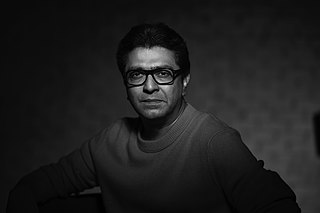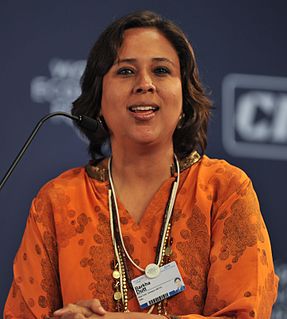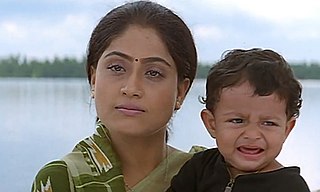A Quote by Arvind Kejriwal
It's the public which decides its Chief Minister. We live in a democracy.
Related Quotes
In our party, for the post of the prime minister or chief minister, there is no race, and nor does anyone stake their claim. Who will be the prime minister or chief minister, either our parliamentary board decides on this or the elected MLAs, in the case of chief minister, and MPs, in the case of the prime minister, select their leader.
The trouble is that privacy is at once essential to, and in tension with, both freedom and security. A cabinet minister who keeps his mistress in satin sheets at the French taxpayer's expense cannot justly object when the press exposes his misuse of public funds. Our freedom to scrutinise the conduct of public figures trumps that minister's claim to privacy. The question is: where and how do we draw the line between a genuine public interest and that which is merely what interests the public?
We are a democracy, and there is only one way to get a democracy on its feet in the matter of its individual, its social, its municipal, its State, its National conduct, and that is by keeping the public informed about what is going on.There isnot a crime, there isnot a dodge, there is not a trick, there is not a swindle, there is not a vice which does not live by secrecy.Get these things out in the open, describe them, attack them, ridicule them in the press, and sooner or later public opinion will sweep them away.
Democracy, in the United States rhetoric refers to a system of governance in which elite elements based in the business community control the state by virtue of their dominance of the private society, while the population observes quietly. So understood, democracy is a system of elite decision and public ratification, as in the United States itself. Correspondingly, popular involvement in the formation of public policy is considered a serious threat. It is not a step towards democracy; rather it constitutes a 'crisis of democracy' that must be overcome.
































